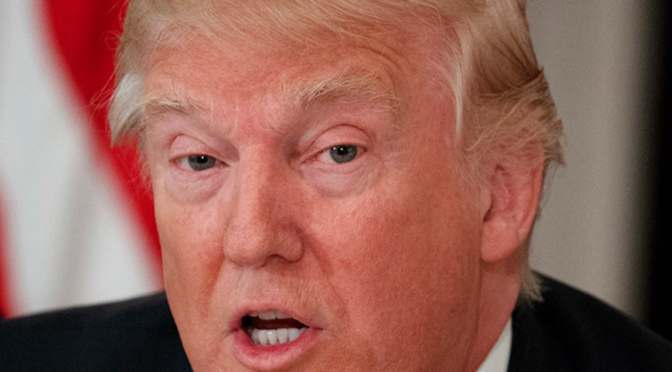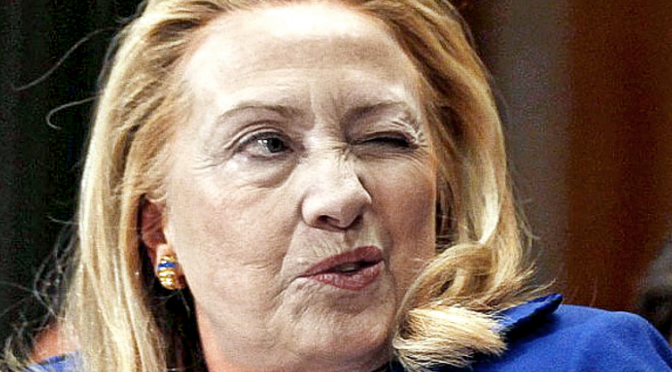President Donald Trump campaigned on making the United States “great again,” but if his administration follows through on a threat to crack down on legal marijuana, it’s Mexican drug cartels that could be restored to their former glory.
TOM ANGELL – MARIJUANA.COM
White House Press Secretary Sean Spicer said Thursday that states with legal recreational marijuana will likely “see greater enforcement” of federal laws, which prohibit all use of cannabis. Spicer’s statements echo what Attorney General Jeff Sessions said during his confirmation hearings: “It is not so much the attorney general’s job to decide what laws to enforce. We should do our job and enforce laws effectively as we are able.”
The Department of Justice declined to comment.
Eight states and the District of Columbia currently allow the retail sale of marijuana for recreational use, all thanks to voter referendums.
In Colorado, where in 2012 voters were the first in the nation to back retail sales, the marijuana industry generated over $1.3 billion in revenue last year, adding about $200 million in taxes to the state’s coffers. In California, the first state to legalize the medical use of cannabis, marijuana has become the state’s leading agricultural commodity, according to the Orange County Register, which estimated its value at $23.3 billion — even before voters legalized recreational sales last November.

Most people think that’s a good thing. A poll released Thursday by Quinnipiac University found a majority of the U.S. public now supports marijuana legalization, and 71 percent oppose a federal crack down on states that have legalized it already.
The rise of the homegrown weed industry has come at a cost, though: In 2016, U.S. Border Patrol reported that “marijuana seizures along the southwest border tumbled to their lowest level in at least a decade,” The Washington Post reported. Between 2011 and 2015, seizures dropped 39 percent, according to Fortune.
Read Full – http://www.attn.com/stories/15170/how-president-trump-could-affect-mexican-drug-cartel



